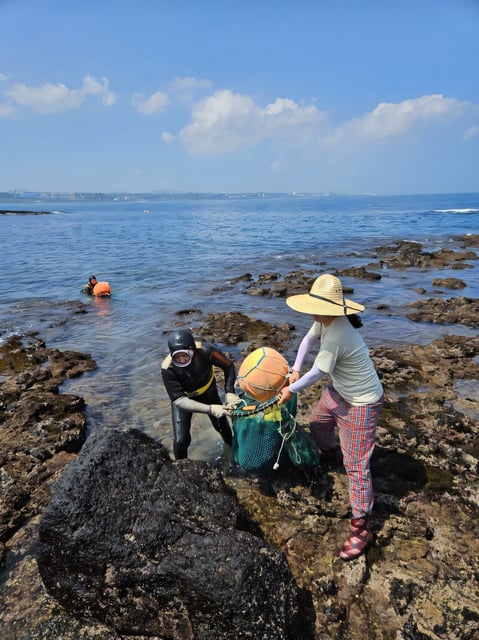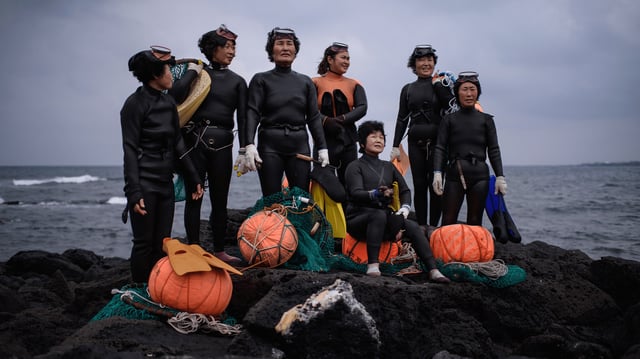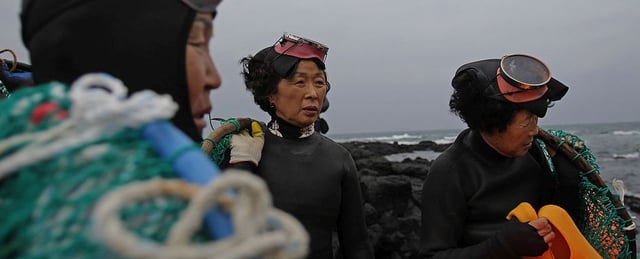Overview
- A study published on May 2, 2025, found that Haenyeo divers and other Jeju Island natives possess a blood pressure-lowering gene variant at a significantly higher frequency than mainland Koreans.
- This genetic adaptation may protect against hypertensive complications during pregnancy, a critical factor for Haenyeo, who historically dove while pregnant.
- Additional genetic variants linked to cold tolerance and red blood cell function were identified, aiding divers in enduring frigid waters and optimizing oxygen use.
- The research highlights the importance of lifelong training in enhancing the Haenyeo's dive reflex, with divers exhibiting significantly greater heart rate reduction during simulated dives compared to non-divers.
- Jeju Island's low stroke mortality rate could be linked to these genetic traits, with researchers exploring broader cardiovascular health applications, including treatments for hypertension and stroke prevention.


